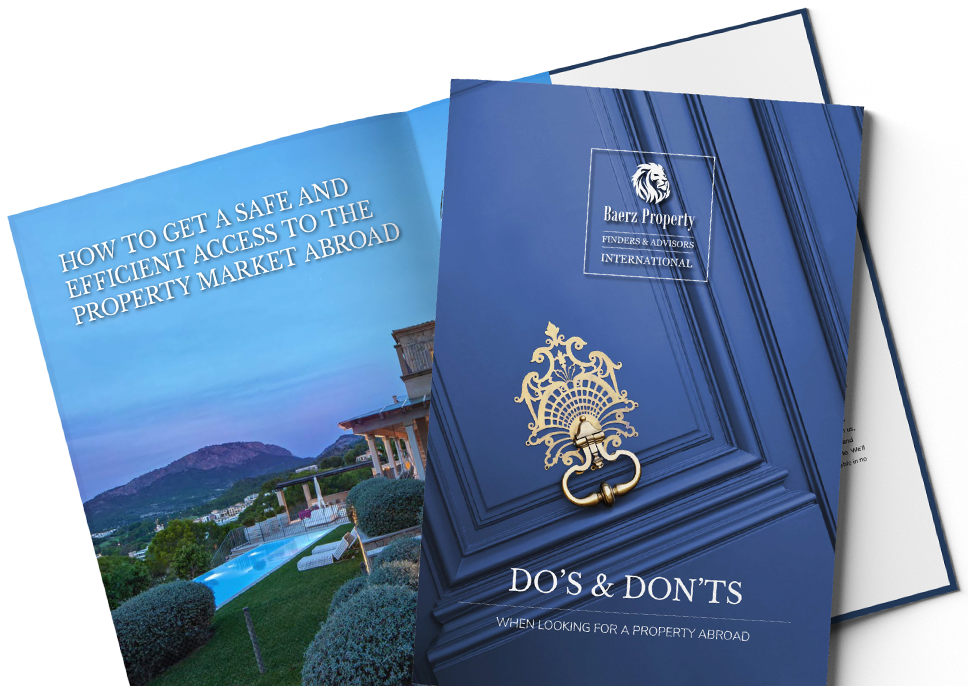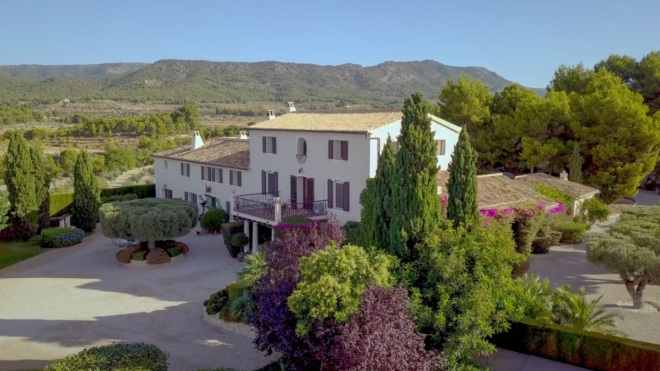
O mercado de imóveis de luxo em Torremanzanas registra demanda consistente entre compradores que buscam charme patrimonial e tranquilidade próxima à Costa Blanca. As transações seguem ritmo estável, envolvendo famílias holandesas, britânicas e do norte europeu. Os preços permanecem sólidos, e tanto propriedades históricas quanto villas contemporâneas despertam interesse de quem valoriza exclusividade e solidez.
Os locais mais valorizados incluem zonas campestres e terrenos elevados com vistas amplas para amendoeiras e colinas de pinheiros. O núcleo da vila contém fincas e masias centenárias, geralmente restauradas, enquanto novas casas aliam conforto moderno ao estilo vernacular. As restrições construtivas protegem o meio ambiente e evitam o excesso de urbanização. Os compradores devem esperar concorrência por imóveis raros ou históricos, que raramente chegam ao mercado aberto.

Adquirir um imóvel em Torremanzanas é uma questão de estilo de vida e investimento. O vilarejo pitoresco atrai interessados em qualidade de vida serena, arquitetura tradicional e espaço para lazer inspirado na natureza. Pessoas de alto patrimônio valorizam terrenos amplos e privacidade discreta para retiros familiares, casas de férias ou restaurações. A demanda supera a oferta de propriedades únicas, levando compradores a contar com conselheiros locais para encontrar oportunidades antes de irem a público.
As aquisições seguem trâmites legais consolidados. Due diligence profissional é fundamental, especialmente quanto ao uso rural do solo e registro. As operações envolvem acordos preliminares, reserva de valores e supervisão notarial para garantir segurança e transparência. Compradores internacionais contam com especialistas jurídicos e notariais acostumados a transações internacionais. Boa parte das compras é em regime pleno, mas negociações privadas podem incluir condições específicas.
Casas históricas e villas modernas atraem mercado seleto de aluguel sazonal. Vários proprietários mantêm uso exclusivo, mas alguns imóveis são cadastrados em regime rural, com locação temporária sob regulamentos locais. Gestão profissional é indicada para garantir privacidade e conformidade. A procura atinge o ápice no verão e outono, com estadias prolongadas de famílias internacionais e profissionais criativos buscando sossego e inspiração.
Mover-se neste mercado rural exige conhecimento local profundo, acesso a oportunidades exclusivas e orientação qualificada em negociações envolvendo patrimônios rurais ou históricos. Assessores de confiança compreendem zoneamento, obrigações restaurativas e detalhes de propriedades familiares. Suas relações e extensa rede profissional diferenciam a busca e aquisição dos imóveis raros da região.
Empreendimentos prosperam na interação entre natureza e cultura. Destaque para hotelaria boutique, agroturismo de experiências e retiros de bem-estar em cenários preservados. O trabalho remoto é favorecido pela infraestrutura digital em ascensão e o ambiente inspira profissionais criativos. Algumas masias restauradas acolhem aluguéis de luxo, atraindo eventos privados e retiros rurais exclusivos. O foco do investimento está no desenvolvimento personalizado e valorização patrimonial, amparado pelo interesse crescente em experiências de luxo no interior da Costa Blanca.
Torremanzanas beneficia-se de políticas regionais voltadas ao turismo sustentável e à preservação rural. A estabilidade política da Espanha e segurança jurídica fortalecem direitos de propriedade e confiança no investimento. A administração local apoia obras de infraestrutura, de estradas à internet rápida, junto a um clima comunitário seguro e de baixa criminalidade. A estabilidade econômica é reforçada pela gestão criteriosa dos ativos agrícolas e hoteleiros, com o setor imobiliário fortalecido pelo interesse internacional.
A rotina em Torremanzanas combina autossuficiência tradicional com luxo sob medida. Os custos de serviços básicos seguem padrões rurais, enquanto instalações modernas e soluções sustentáveis proporcionam economia. Funcionários particulares, como jardineiros ou gestores residenciais, estão disponíveis e podem ser contratados por agências locais. Alimentação e compras mantêm foco na produção regional, com mercados agrícolas e fornecedores artesanais. Os custos continuam modestos frente aos centros urbanos, com serviços personalizados ou importados a valores superiores. Manutenção de grandes propriedades pode elevar despesas, compensadas pelo valor de longo prazo e o cenário incomparável.
A vida local é marcada pela tradição, ritmos serenos e sutil luxo. Moradores desfrutam de coleções particulares de arte, villas restauradas e jardins íntimos. A cena gastronômica prospera com restaurantes familiares, azeites premiados e proximidade dos vinhedos. O lazer inclui equitação, trilhas e passeios por trilhas intocadas. O calendário é pontuado por festas tradicionais e eventos culturais, integrando novos residentes à comunidade. O luxo manifesta-se discretamente — no espaço, privacidade e sentido de herança perpetuada com conforto moderno.


Protegida pelas montanhas, Torremanzanas tem clima mediterrânico suavizado pela altitude. Os verões são quentes mas raramente sufocantes, os invernos trazem frio e baixa pluviosidade. A abundância de luz solar favorece atividades ao ar livre e uso prolongado de jardins e terraços. Este clima atrai quem procura segunda residência ou moradia permanente, pois o conforto perdura em todas as estações.
Os anúncios abrangem masias renovadas e propriedades isoladas cercadas por amendoeiras e oliveiras. Cada oportunidade é selecionada com foco em autenticidade, integridade arquitetônica e localização singular. Discrição e seletividade pautam o acesso ao mercado.



